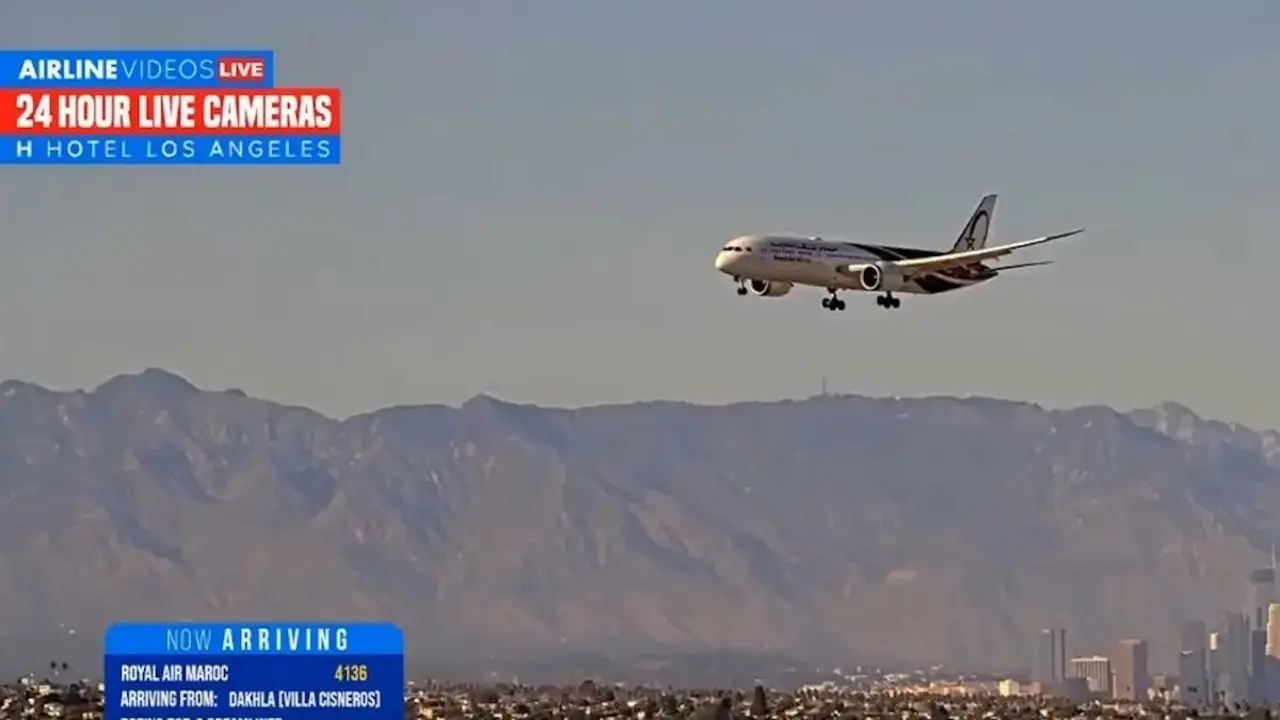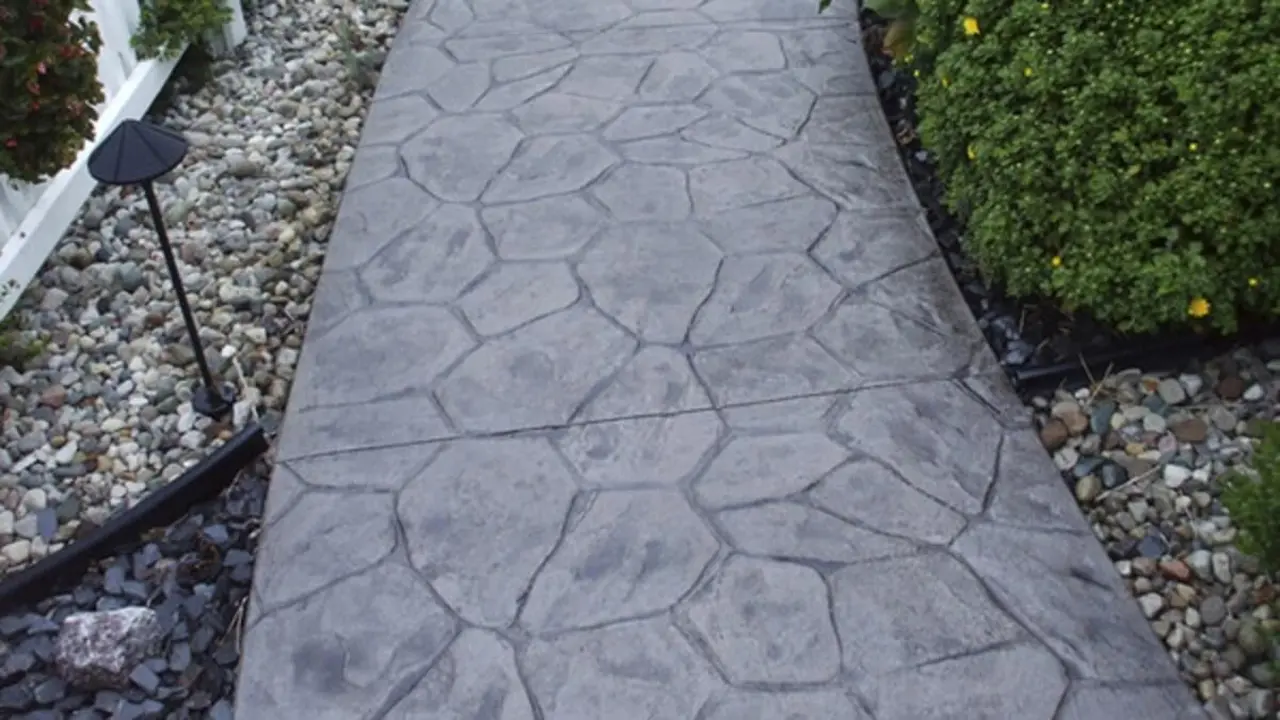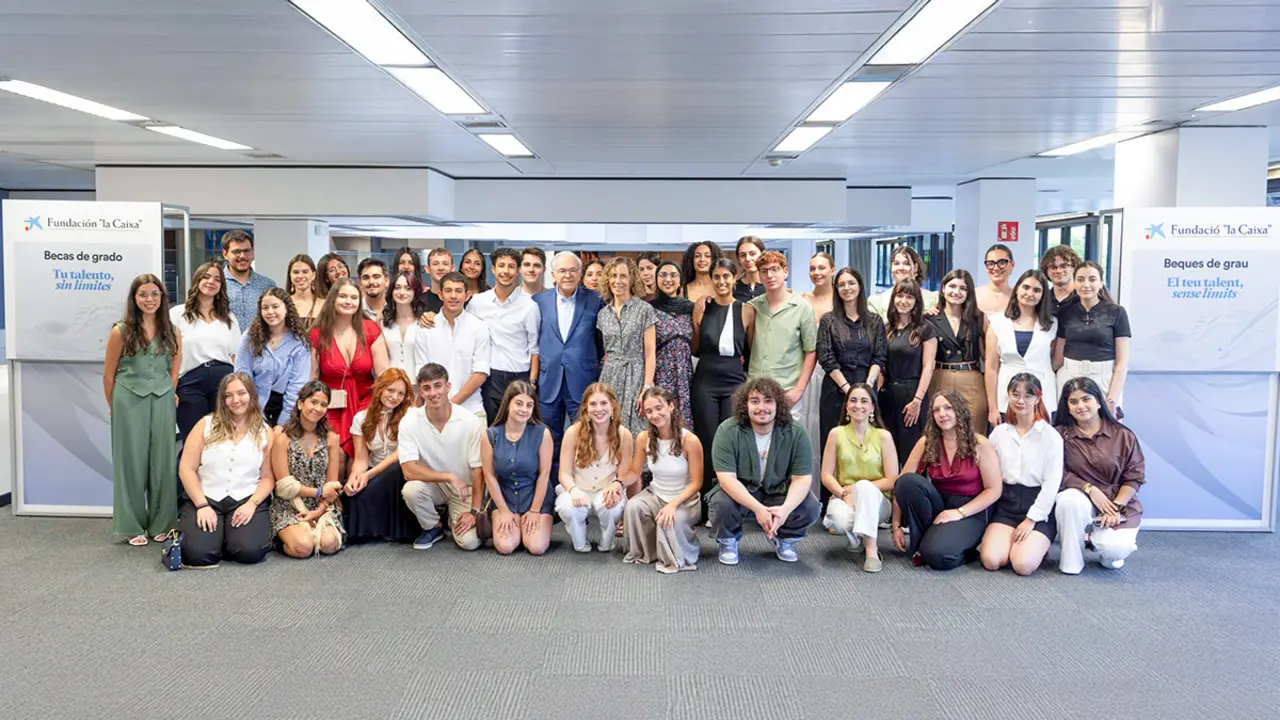The first Arab woman astronaut who wants to break all stereotypes
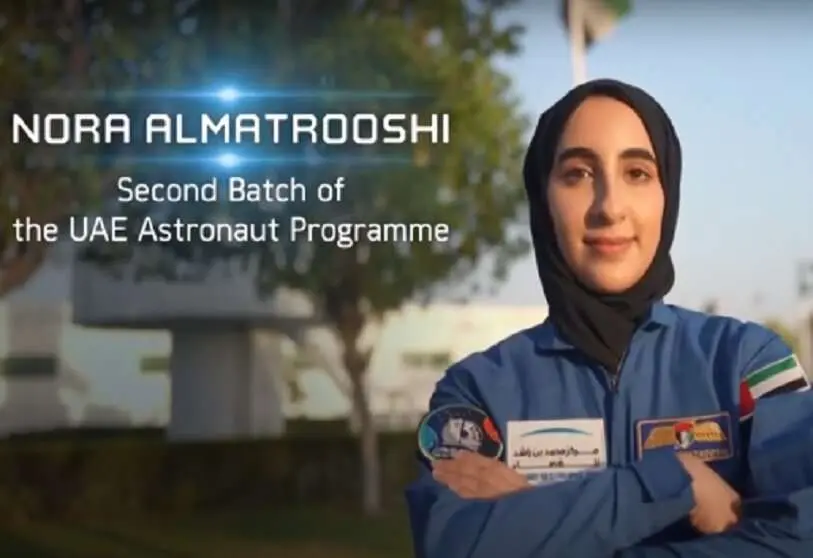
Since she was a child, Emirati Nora Al Matrooshi always looked up at the stars and said: "One day I will go there". Now she has become one of those chosen to be the first Arab woman to reach space, an achievement for which she hopes to break all the stereotypes of a patriarchal society that does not see her in this profession.
"I have to give my best, I have to work more than 100 per cent and prove that I deserve to be in this position," says the 28-year-old space hopeful in an interview with Efe, who fights every day to "put an end to those ideas" that she or "Arab women in general" cannot be part of the space race.
"I want to put an end to this stereotype," she says emphatically.

Despite the firmness of her words, Al Matrooshi also hints at her shyness, drawing on that childhood memory of dreaming of space as something distant but possible.
"I feel very excited because I have wanted to be an astronaut for a long time. And I have finally achieved this. But I also feel a great sense of commitment and responsibility to my country and to the Arab world because I will be representing them in space," she said.
Al Matrooshi will be part of a team of four astronauts from the United Arab Emirates (UAE), which includes Haza al Mansoori, the first Emirati astronaut to go into space in September 2020 for an eight-day mission to the International Space Station.
Al Matrooshi is currently in Dubai training for this arduous task and will then head to NASA's Johnson Space Centre in the United States to continue their two years of training, where they will be instructed in manned spaceflight and space research in order to carry out low-orbit missions.
The young woman said that with this training she wants to learn new skills and be part of the team that understands the mysteries of the universe.
"And I would like to build alliances with them so that we can all work and collaborate together. And, hopefully, one day I will make it into space," she explains confidently.
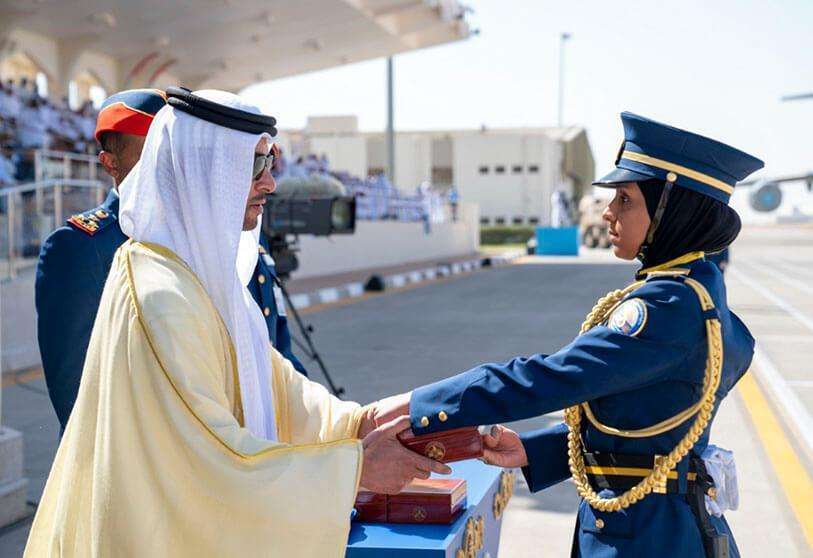
Al Matrooshi, a mechanical engineer who until recently worked for the UAE's National Petroleum Construction Company, asked why she was chosen out of the thousands who applied, but got no answer, like everyone else.
"It's not that there is a lack of women from this part of the world, it's that [this part of the world] was not interested in space before and now they are starting to get interested in it," she explained.
To be selected, she had to pass a long and arduous process involving 4,305 candidates, 33% of whom were women, which included intelligence, personality and technical ability tests, medical examinations and rigorous tests to assess physical fitness, teamwork and communication skills.
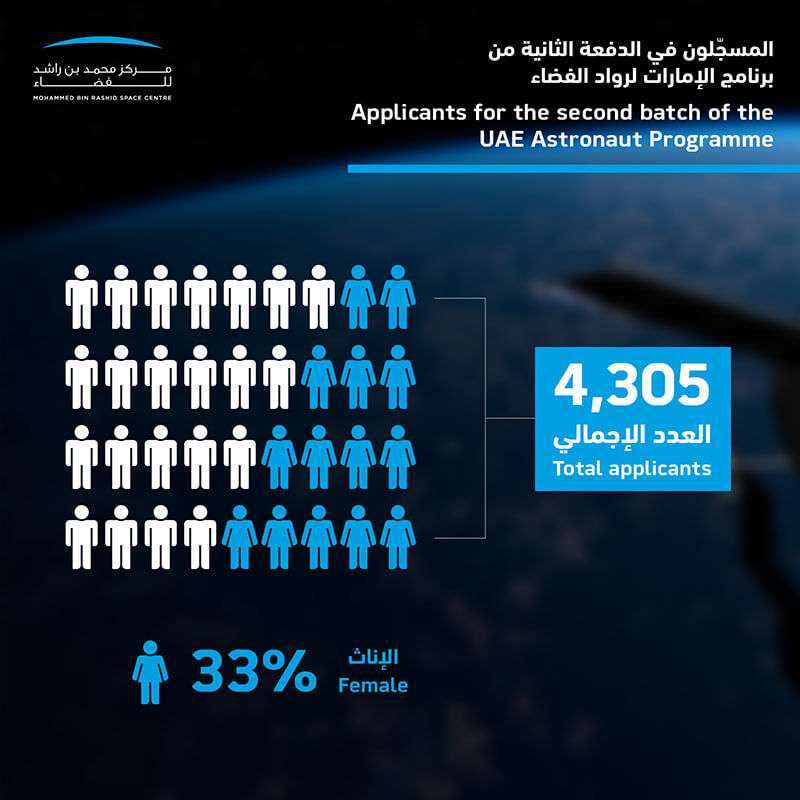
It was the Arab country's own vice president and prime minister, Mohamed bin Rashid al Maktoum, who announced in a message on his Twitter account "the first Arab woman astronaut, among the two new astronauts selected to train with NASA for future exploration missions".
The Gulf state has made a strong commitment to aerospace science in recent years.
In 2014 it created its own space agency and last February became the fifth country to successfully launch a probe, Hope, into Mars orbit, making history as the Arab world's first interplanetary mission.
In September 2020, Abu Dhabi announced plans to launch an unmanned rover to the moon by 2024, which would be the first trip to Earth's satellite by an Arab country.

